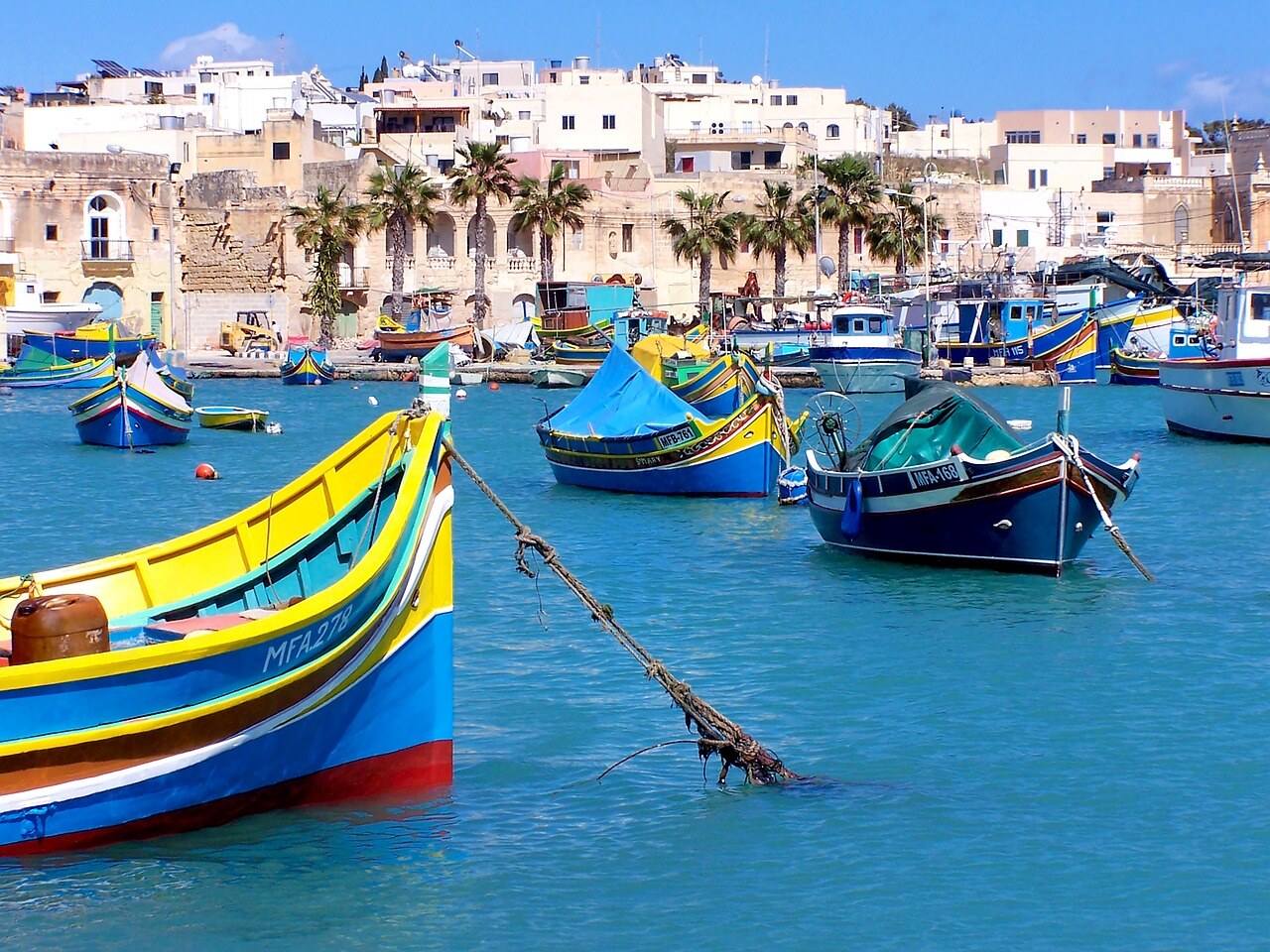Thursday, March 27, 2025
Malta, a Mediterranean island famous for its rich history, stunning coastline, and vibrant culture, faces a growing threat to its tourism sector due to the impacts of climate change. As a key pillar of the island’s economy, tourism is under pressure from rising temperatures, extreme weather events, and environmental degradation. These changes could reshape Malta’s tourism landscape, and urgent measures are needed to secure the island’s future as a premier travel destination.
Impact on Marine Life and Water-Based Activities
The Mediterranean Sea is a central element of Malta’s tourism industry, offering a wealth of opportunities for swimming, diving, sailing, and fishing. However, climate change is affecting marine ecosystems, with warmer ocean temperatures threatening coral reefs and disrupting fish populations. This poses a direct challenge to the island’s popular water-based activities. Tourists who flock to Malta for underwater exploration and pristine beaches may be deterred if marine biodiversity continues to decline. Additionally, pollution and plastic waste are exacerbating the problem, further compromising the waters’ quality. As clean, clear waters are vital for the island’s tourism appeal, any reduction in water quality could result in a loss of visitors seeking the idyllic Mediterranean experience.
Water Scarcity and Its Impact on Tourism
Water scarcity is another pressing issue that Malta faces, worsened by the effects of climate change. The island has long had limited freshwater resources, and prolonged droughts are exacerbating the situation. For tourists, water shortages could lead to disruptions in essential services, such as swimming pools, golf courses, and even daily shower availability. Furthermore, agriculture—crucial for providing fresh produce to the hospitality industry—could suffer, increasing the need to source goods from abroad. This could lead to higher costs and affect the authenticity of local cuisine, which is often a major draw for travelers. These challenges combined could make Malta less attractive to visitors, jeopardizing the island’s reputation as a top-tier destination.
Extreme Weather Events Disrupting Tourism
Malta has been experiencing an increase in extreme weather events, including heavy rain, flash flooding, and strong winds. These events not only disrupt travel plans but also damage critical infrastructure. Flooding can block roads and airports, preventing tourists from reaching their destinations or leaving, which creates logistical challenges for tour operators and other service providers. Moreover, storms pose a significant threat to historical sites and monuments, which are integral to Malta’s cultural tourism. As the frequency of extreme weather events increases, Malta’s image as a reliable holiday destination could be tarnished, leading to a decline in visitor confidence.
Marine Life and Biodiversity Loss
The tourism sector in Malta is heavily reliant on its marine ecosystems, which attract eco-tourists and adventure travelers. Rising ocean temperatures are causing coral bleaching and disturbing fish populations, which in turn impacts the diving and snorkeling experiences that many visitors enjoy. Iconic sites like the Blue Lagoon, known for its vibrant underwater landscapes, are particularly vulnerable to these changes. As marine biodiversity diminishes, Malta’s reputation as a leading eco-tourism destination may fade, making it less appealing to environmentally conscious travelers. Protecting these ecosystems will be critical for preserving the island’s attractiveness and its status as a prime destination for nature-based tourism.
The Economic Impact on Local Communities
Tourism contributes significantly to Malta’s GDP, and many residents rely on the industry for their livelihoods. A downturn in tourist arrivals due to climate change could have serious economic consequences. Small businesses, including family-run guesthouses, local shops, and restaurants, are particularly vulnerable to reduced foot traffic. In addition to economic losses, the government may need to invest in retraining programs and initiatives to diversify the economy to protect workers and businesses from the fallout. Without proactive measures, Malta’s social and economic stability could be at risk, as the island’s tourism sector is closely intertwined with the overall economic health of the nation.
Opportunities for Sustainable Tourism
Despite the challenges posed by climate change, there are also opportunities for Malta to embrace sustainable tourism practices and attract a new generation of eco-conscious travelers. Implementing renewable energy initiatives, promoting fuel-efficient public transport, and adopting recycling and waste reduction strategies can significantly lower Malta’s carbon footprint. Additionally, focusing on the rehabilitation of ecosystems and the preservation of cultural heritage sites can help maintain the island’s charm and appeal. Collaborating with international organizations and adopting green policies can place Malta at the forefront of sustainable tourism, attracting visitors who prioritize environmental responsibility.
Final Thoughts: A Sustainable Future for Malta’s Tourism
Malta’s tourism industry is being reshaped by the climate crisis, presenting both challenges and opportunities for the sector. The effects of rising temperatures, extreme weather, and degradation of coastal and marine environments are putting considerable strain on tourism. However, there is growing demand for sustainable tourism, and Malta has the potential to capitalize on this trend with innovative solutions and eco-friendly practices. By focusing on sustainability and resilience, Malta can secure a bright future for its tourism sector, ensuring it remains a top destination for responsible travelers while addressing the environmental impacts of climate change.
